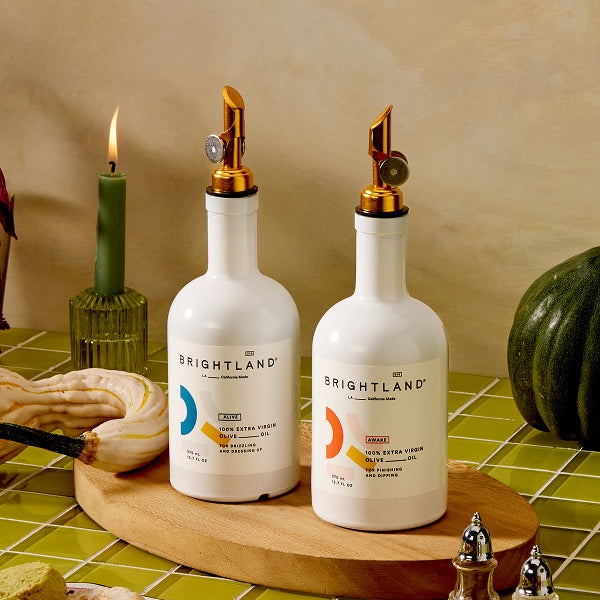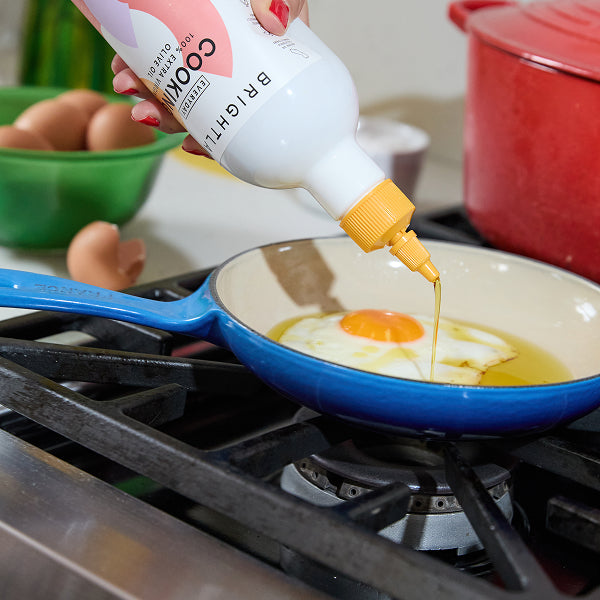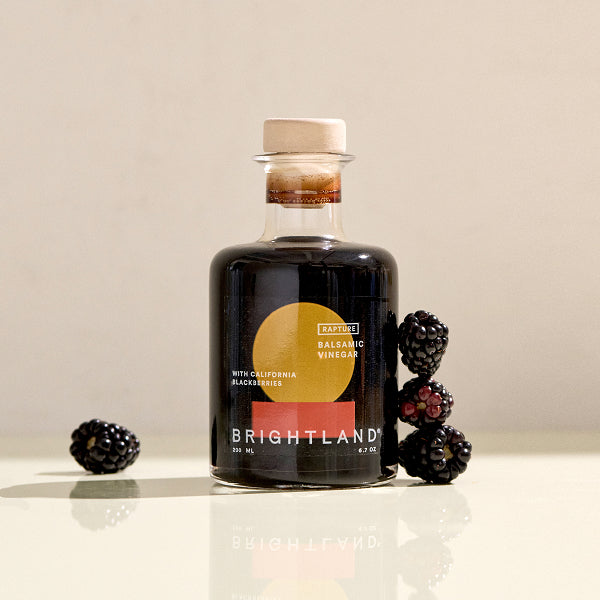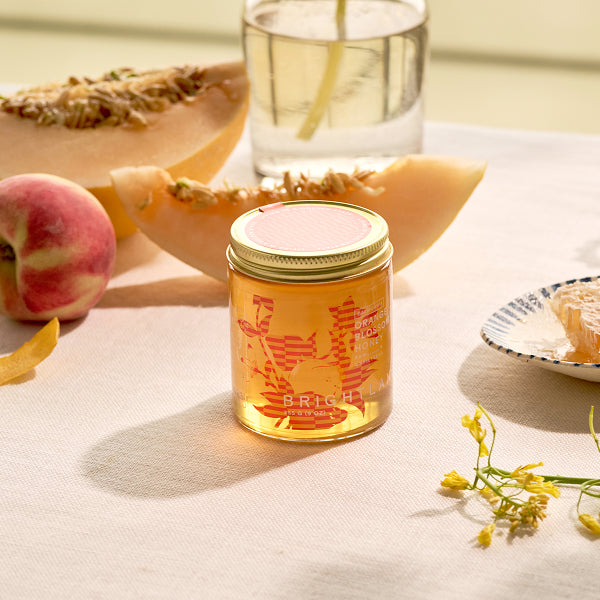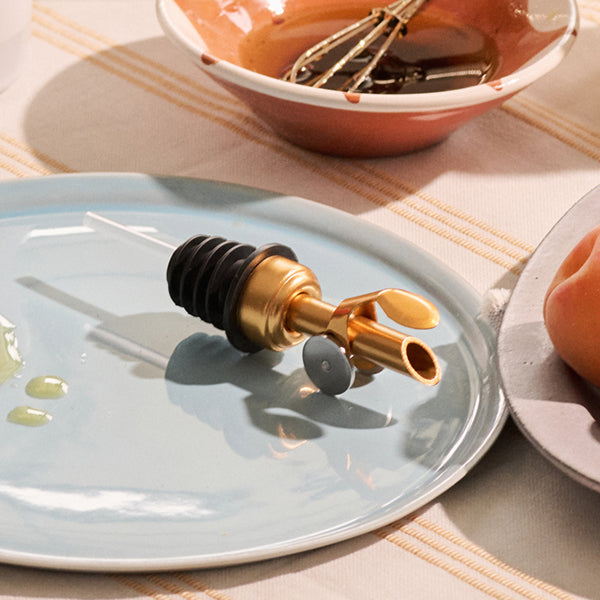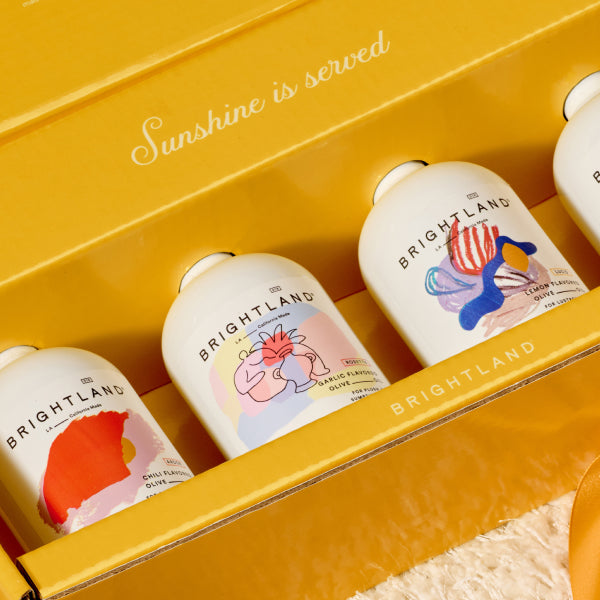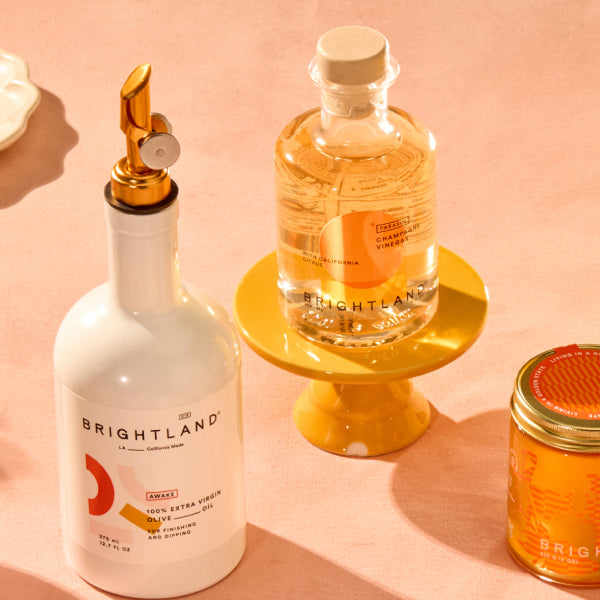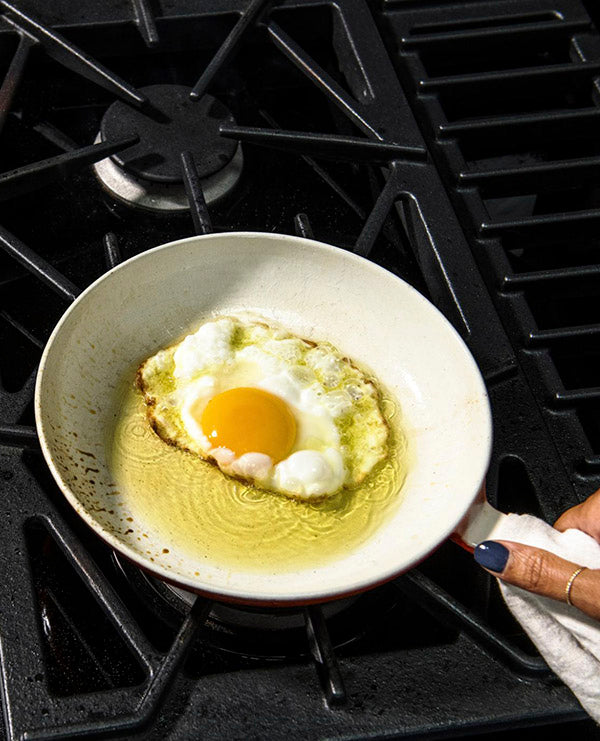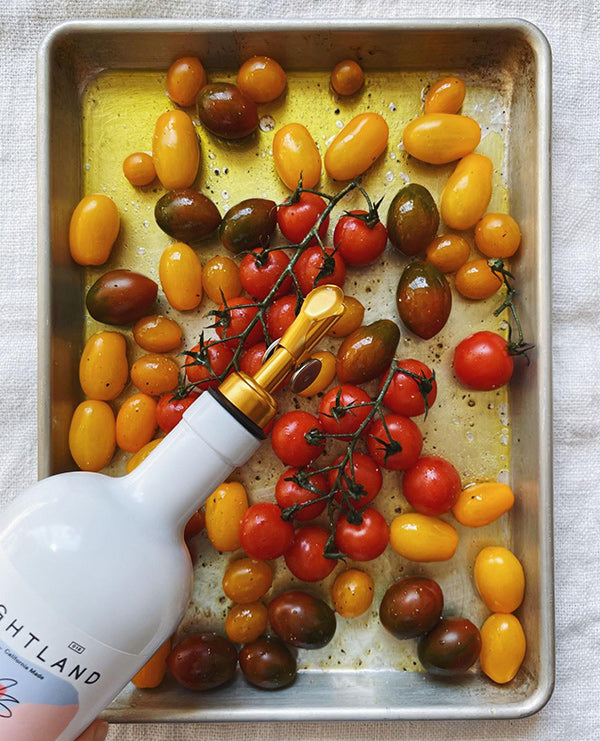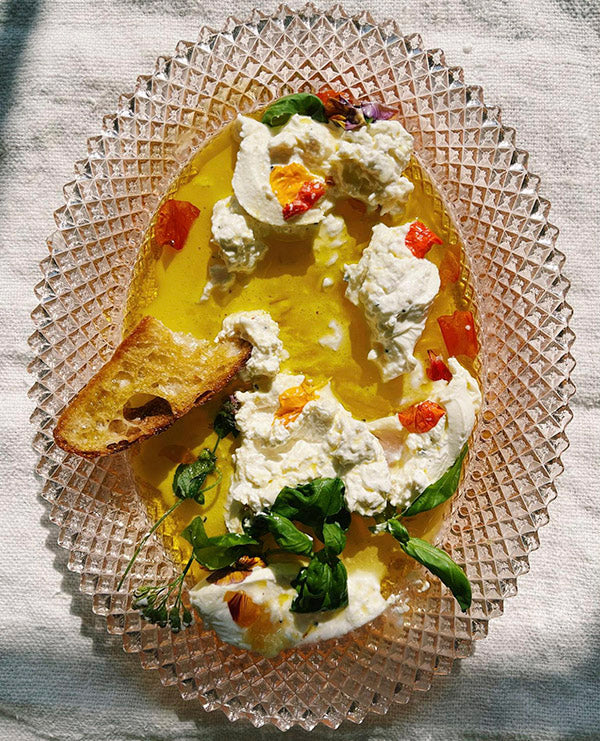[open type="rte"]
Smoke point is the temperature at which an oil stops simmering and starts smoking. Not only is a smoking kitchen unpleasant to experience, heating an oil to or past its smoke point can cause a release of potentially harmful chemicals and negatively impact the flavor. However, the smoke point does not tell the whole story, and there are other factors that you need to consider beyond the smoke point of olive oil (or whatever oil you are cooking with today).
[close type="rte"] [open type="images" small="true"]

[close type="images"][open type="rte"]
Here is what you need to know about the smoke point of olive oil and why it might not matter as much as you have been told:
[close type="rte"][open type="rte"]
[close type="rte"][open type="rte"]
What Is Olive Oil’s Smoke Point?
Olive oil’s smoke point can actually vary greatly depending on how the oil itself is harvested, processed and refined. Extra virgin olive oil — which has not been processed or refined in any way — generally has the highest smoke point of all olive oil varieties, over 400 degrees Fahrenheit, when freshly bottled.
The smoke point of olive oil tends to go down over time as the oil degrades due to heat and light exposure, so the sooner you use up your olive oil, the higher the smoke point will be. If you were planning to use an old bottle of oil for deep frying or another high heat cooking method, check the harvest or best by date to make sure that you will not accidentally set off your fire alarms.
[close type="rte"][open type="rte"]
Why Does Smoke Point Matter?
For one thing, nobody wants a kitchen full of smoke and blaring fire alarms. And smoking oil is not just a pesky olfactory nuisance. High heat accelerates the oxidation process, breaking down the compounds in the oil and forming potentially harmful elements such as free fatty acids and acrolein. The oxidation process also causes a loss of both flavorful and nutritional compounds, meaning that the oil might not be delivering the health benefits that you thought it was. That being said, smoke point is not the be all, end all, and there are actually other factors that you need to consider besides smoke point. We will talk more about these in the next section.
[close type="rte"][open type="rte"]
[close type="rte"][open type="rte"]
What Else Matters Besides Smoke Point?
Truth be told, it is rare that you will hit the smoke point of most cooking oils, including olive oil, when cooking at home. At-home kitchen appliances simply do not get hot enough to reach the smoke point for all but the most delicate cooking oils. Even at-home deep fryers usually come in under that 400-degree Fahrenheit threshold. (Learn more about frying with olive oil in our dedicated guide.)
[close type="rte"] [open type="images" small="true"]

[close type="images"][open type="rte"]
Smoke point also does not tell the entire story of how an oil behaves under heat, particularly lower heat that falls under that smoke point threshold. For instance, many neutral-flavored vegetable oils boast a high smoke point, but are also full of polyunsaturated fats that are unstable at high heat and can form harmful polar compounds.
Meanwhile, olive oil is very stable during sustained heat, even if it technically has a lower smoke point than some other vegetable oils. In a study from Acta Scientific Nutritional Health, olive oil went head-to-head with nine other oils and showed the greatest oxidative stability in two different tests, even though some of the other oils technically had a greater smoke point. These tests more closely mirror real-world cooking conditions and are a better representation of how cooking oils are actually used.
In short, oxidative stability is more important for at-home cooking than smoke point, so that is what you should prioritize when shopping for cooking oils. Fresh extra virgin olive oil has greater stability than older oils, which is another reason why it is better for high heat cooking applications than older oils that might have already started degrading.
[close type="rte"] [open type="images" small="true"]

[close type="images"][open type="rte"]
Looking for fresh extra virgin olive oils that can withstand high heat without breaking down? At Brightland, we press all our olive oils within 90 minutes of harvesting for a superior product — and we are transparent about our harvest dates so that you always know how fresh your product is. We offer several varieties of extra virgin olive oil as well as flavored olive oils to add even more depth to your dishes.
[close type="rte"]

